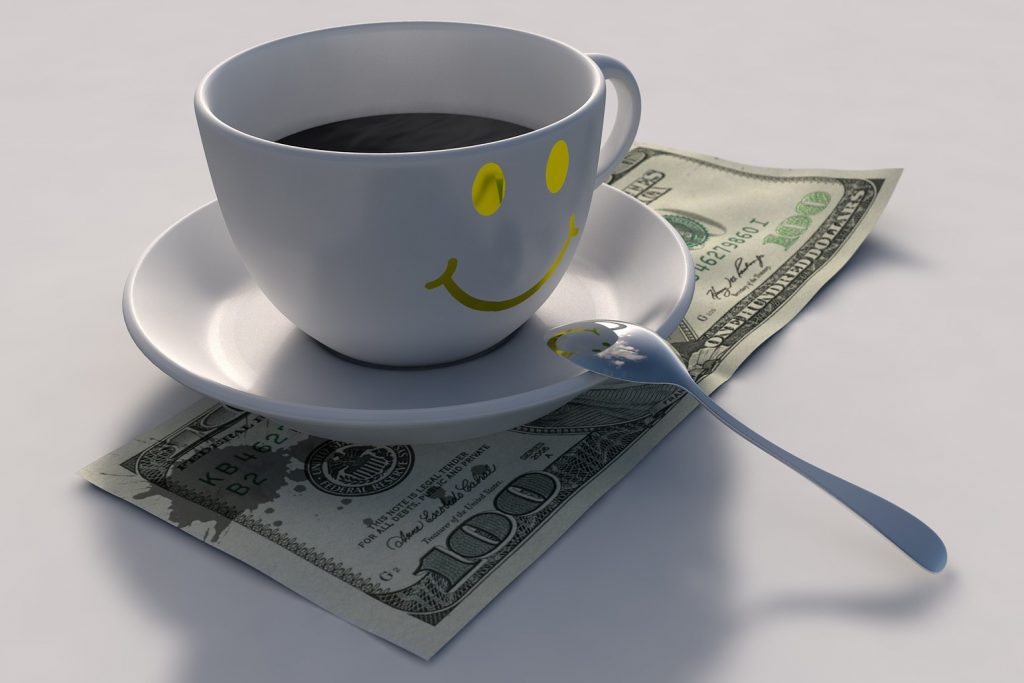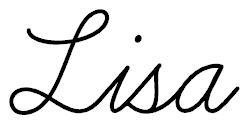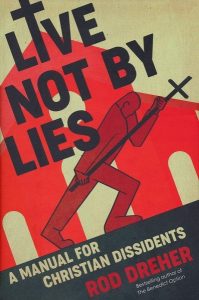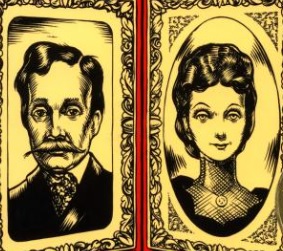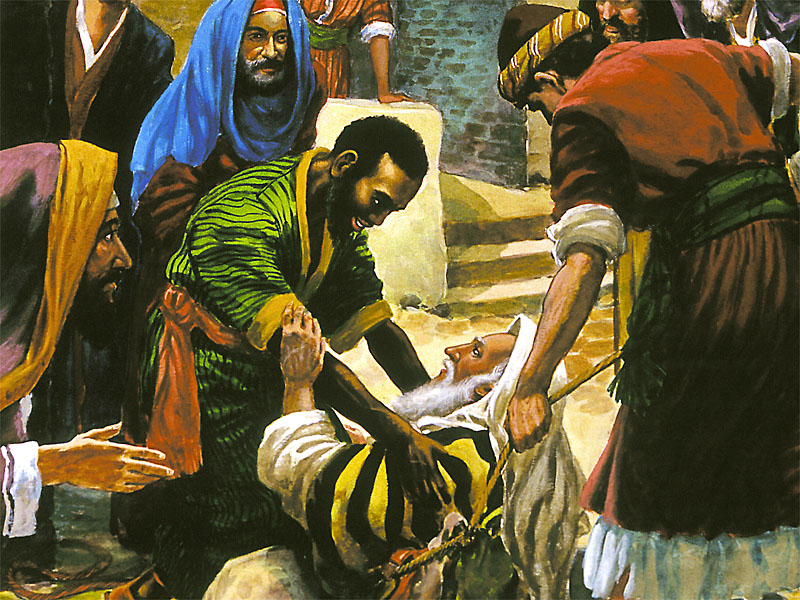With a brilliant sunset fading behind him, Tom pulled off the road and into an unfamiliar fast-food restaurant to grab a quick cup of coffee on the way home. The parking lot was full, and from all appearances it had the look of a new establishment. Tom headed for the nearest door, thankful he had found a place so near the interstate exit where he could take a quick break and shake himself fully awake before needing to make the rest of the drive.
He walked directly to the counter to order. “A small coffee, please. To go.”
“No problem. That’ll be $37.50, please.”
Tom looked incredulously at the young cashier. Surely he had heard wrong. He knew he’d been getting drowsy. “I’m sorry. Could you repeat that? I only ordered a small coffee, and I thought sure you said $37.50.”
“Yes, sir. That’s correct. $37.50.”
Stunned and thinking he’d walked into a more upscale establishment than he’d realized, he made his apologies, cancelled his order, and stepped to the side to collect himself. While standing there, the man behind him in line ordered four burgers, four drinks, and four large fries. Tom hung around a little longer than necessary just out of curiosity, wondering how much all that could possibly cost. Expecting to hear a total in the hundreds, Tom was surprised to hear the cashier pleasantly say, “That’ll be $24.00, please.”
At that point, Tom could no longer contain himself and asked to speak to a supervisor. After a brief wait, he was able to express his concerns to the shift manager. “Thank you so much for coming over. I’m confused about the pricing, and I think there must have been some kind of error. This young man said my cup of coffee was going to be $37.50, and yet the man behind me in line got four full meals for only $24.00.”
“Yes, sir. We base our pricing not on what you order but on the value of the car you drive. Your order is then charged using a mill rate of 1.”
Tom looked at the man in disbelief and began to lean more heavily on the counter. “I don’t understand.”
The shift manager looked sympathetically at Tom. It was a question he heard occasionally, and he patiently began his standard explanation. “The mill rate is just the number of dollars we charge per $1,000 that your vehicle is worth. So, our mill rate of 1 would be the same as 0.1% of a car’s value. Your cashier looked out and estimated your car’s value at $37,500. So, 0.1% of that is $37.50. The other gentleman’s car was estimated at $24,000, so he paid $24.00 for his order. Simple enough?”
Tom’s head began to whirl, myriad thoughts struggling for preeminence. The first one to rise to the top was Tom’s pride, unfortunately. He blurted, “Well, that cashier was wrong! I paid $50,000 for my car, after adding all the upgrades and special detailing.”
“Oh, thank you for telling us! That’ll be $50.00 for your coffee now. And I’ll make a note in our records so we don’t make the same mistake in the future.”
Realizing his error and watching the other customer happily eating with his family at a nearby table, Tom turned and scanned the rest of the room. After clearing his throat rather too loudly, he posed the question, “Is there anyone who finds this pricing fair?” A roomful of hands shot quickly into the air.
The manager looked pityingly at poor Tom. He offered, “With your $50.00, you can get as much food as you want. Your payment lets you freely partake of our offerings.”
Tom wasn’t hungry. He wasn’t even particularly thirsty anymore, nor was he drowsy any longer. Just embarrassed. And humbled. “No, thanks, I don’t need any food, but I’ve taken a lot of your time and disrupted your business. I’ll take the coffee. Here’s the $50.00.”
Defeated, Tom shuffled over to the counter to grab a napkin, a sugar packet, and a coffee stirrer.
“Sir, those will add another $5.50.”
Tom reflexively dropped them back where he got them and turned to face the manager. “What?”
“Yes, sir. Only the meals and drinks are included. Napkins, condiments, and plasticware are extras, so they have an additional charge.”
What kind of oddball world is this? Tom thought. Not finding the words to say and having already cost himself an extra $12.50 by bragging about his car, he closed his eyes tight and bit his tongue to keep from saying too much too soon.
And when he did, the pain in his tongue was enough to bring Tom back to his senses. He opened his eyes to see the morning sun streaming through his bedroom window. He smiled, sighed contentedly, and thought, I’m glad that was only a bad dream!
But was it only a bad dream? Unfortunately, no, for such is the reality of the property tax in modern America. It is assessed to property owners based on the value of their land and any buildings on it. The rate is assigned in mills, which is a number of dollars charged per thousand dollars of property value. Much like Tom’s $50.00 coffee charge, the property tax has no relevance whatsoever to the amount of services a landowner desires or receives.*
Even scarier than Tom’s dream, if a landowner cannot (or does not) pay his taxes for three years, the municipality can confiscate his land without any remuneration and sell it to someone else who will pay the taxes on it. But who owns the land? Who owns the buildings on the land? Who may have even built those buildings with funds scrupulously saved for years? And who pays to maintain them? The landowner.
Yet what was Karl Marx’s first plank of the Communist Manifesto? “Abolition of private property in land and application of all rents of land to public purpose.” If the city or town can seize your property for non-payment of property taxes—forcing you to pay for services you may not use and you may even find morally objectionable—then who really controls the land? The town. The landowner simply pays for the privilege of keeping it.
As well, the property tax is progressive. That is, more is charged to those perceived to have more to spare, even if they get no more benefits or services (and often fewer ones) than those who pay less. The scheme mirrors the “heavy progressive or graduated income tax” that Marx proposed in his second plank. Both property and income taxes are based on the idea of class warfare, which is itself based on jealousy. As a people, our natural desires have been cultivated to want things and to want others who have “more” to pay for them. It is what R. J. Rushdoony referred to as “larceny in the heart.” What we would hesitate to take from others’ pockets ourselves, we are more than happy to have the government reach in and take for us. It is why democracy has sometimes been referred to as two wolves and a lamb voting on what to have for dinner, and it is why our Founders instead established a republic for us—most distinctly not a democracy. They understood human nature, and they established a government with limited powers and with protections for the rights of the individual.
What is fair in taxation? It depends on whose definition is used. The Marxist train of thought is for those with more means to foot the bill, because they can handle it. Or because they’re thought to have gained their wealth unfairly. Or because they’ve supposedly persecuted the poor. Or any of a host of other excuses to pit the people of one economic stratum against another. What that leaves, however, is a society in which many pay little and few pay much, while each has the same size vote . . . basically allowing the many to decide how to divide the spoils from the few.
I would propose that we eliminate the property tax entirely, not jeopardizing the land of property owners or the inheritance of their children. Instead, we should reduce town expenditures to only those services absolutely necessary for all, then divide the bill evenly across the number of households. That would cover the basic services from which all benefit (such as road maintenance, trash disposal, fire and ambulance services), and all town residents would have an equal incentive to keep those expenses low. Any additional services are then optional (such as schools, parks, libraries, etc.) and could be supported by those who choose to benefit from them.**
Remove not the old landmark; and enter not into the fields of the fatherless:
For their redeemer is mighty; he shall plead their cause with thee.
Proverbs 23:10-11

Copyright © 2021
* For example, in our town last year, 72% of the property tax went to support the public school, meaning that those without children in the public schools received precisely zero benefit from nearly three-quarters of their property tax bill. That’s a terrible deal. What else would you choose to pay for, knowing that you’d only receive one quarter of the benefits for the cost?
** There are already extra charges for some things, like getting a birth or marriage certificate from the town office or having a clerk process yearly vehicle registrations even though we already pay for the town office facility and staffing through the property tax. Reminiscent of Tom’s napkin, sugar packet, and coffee stirrer, isn’t it?

